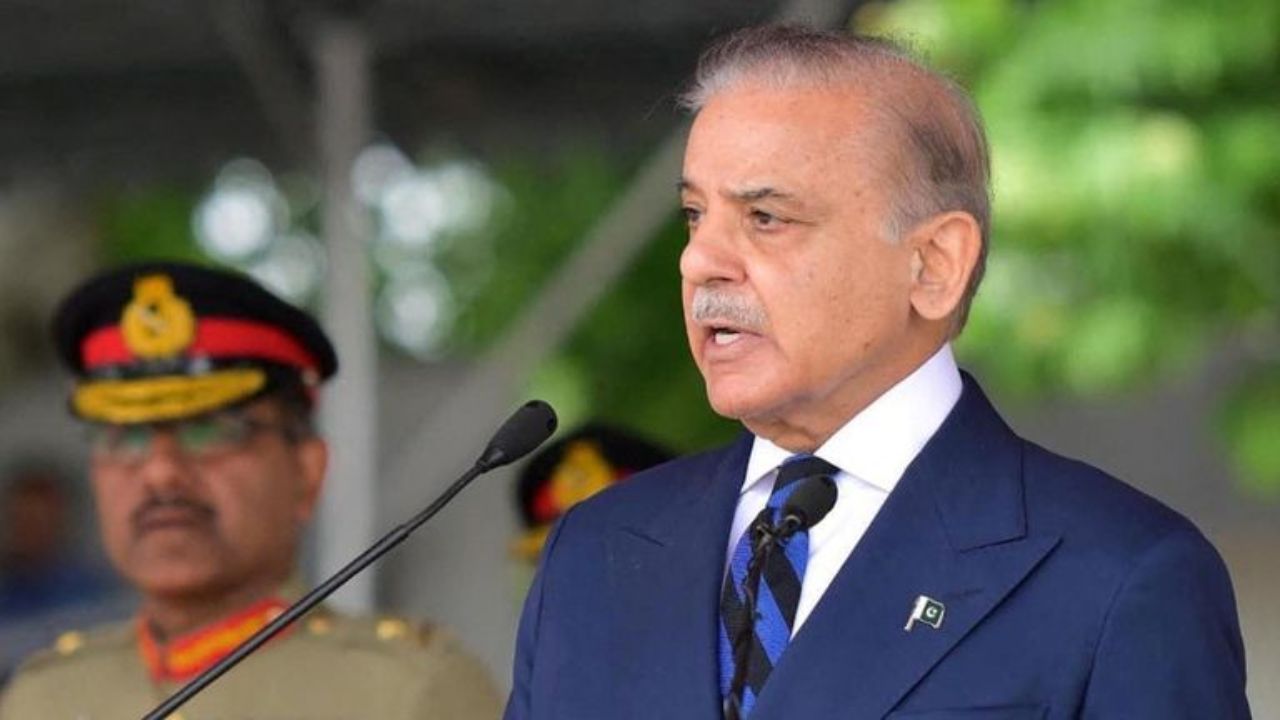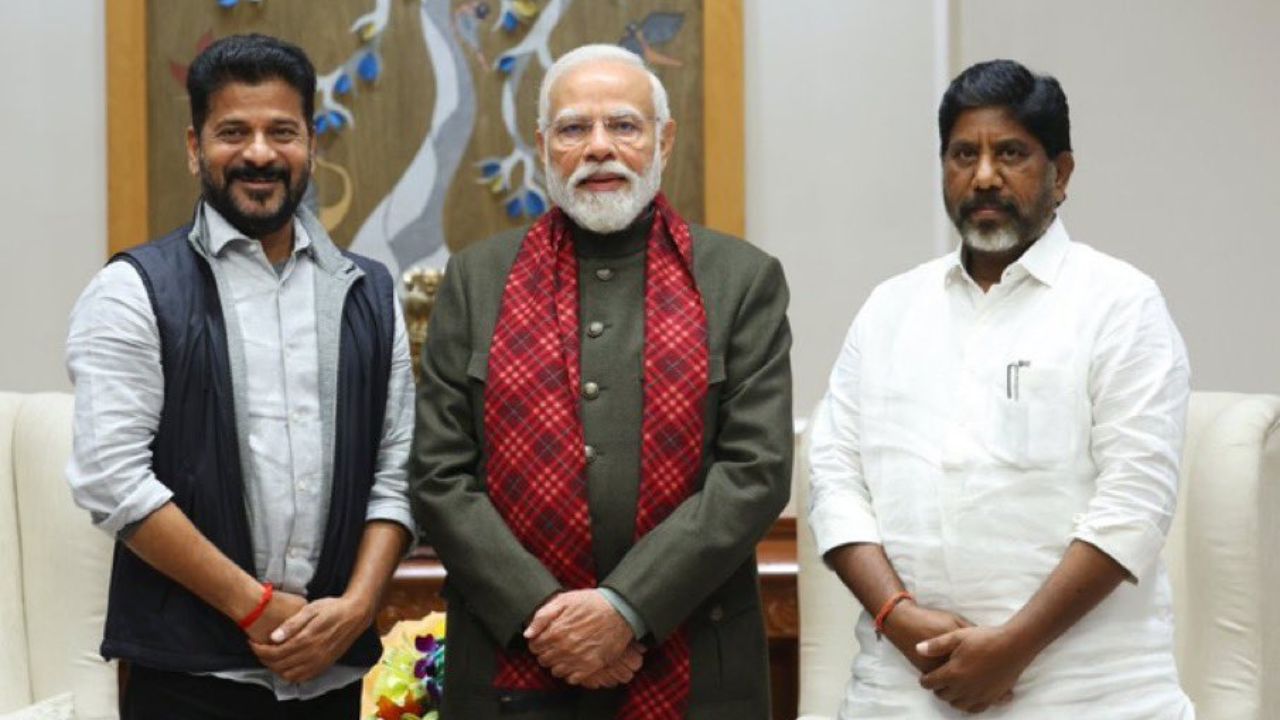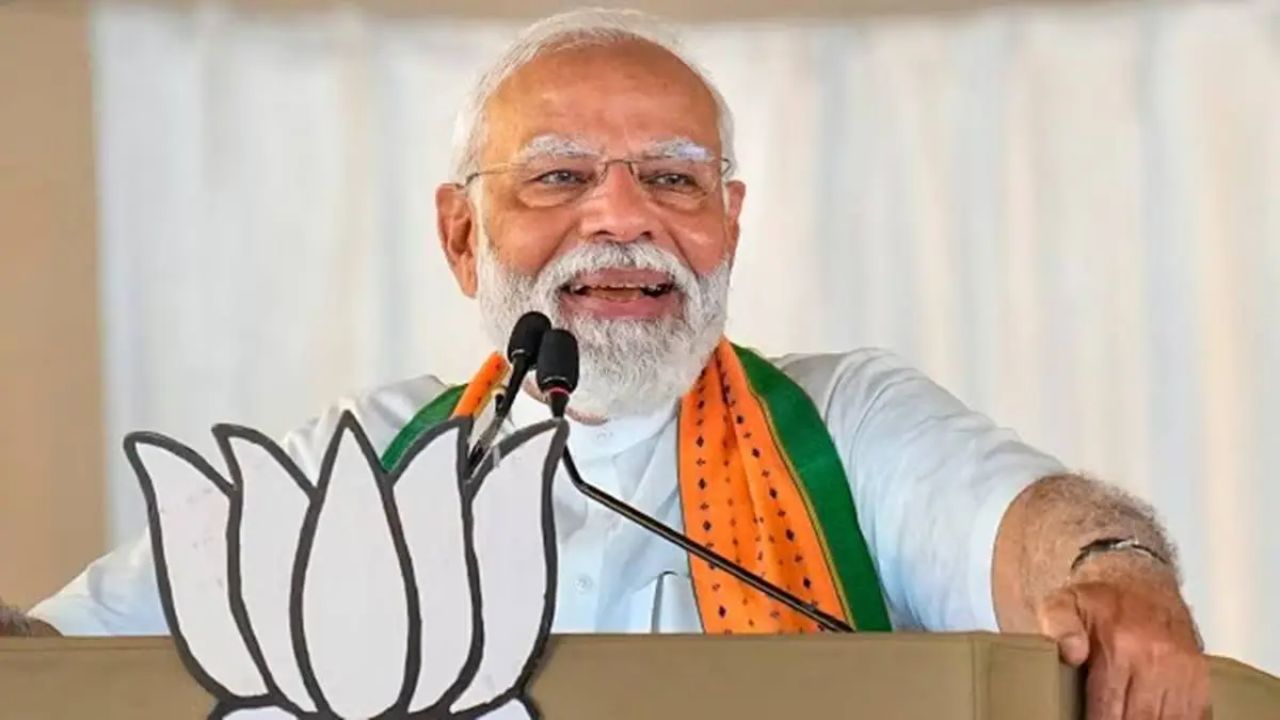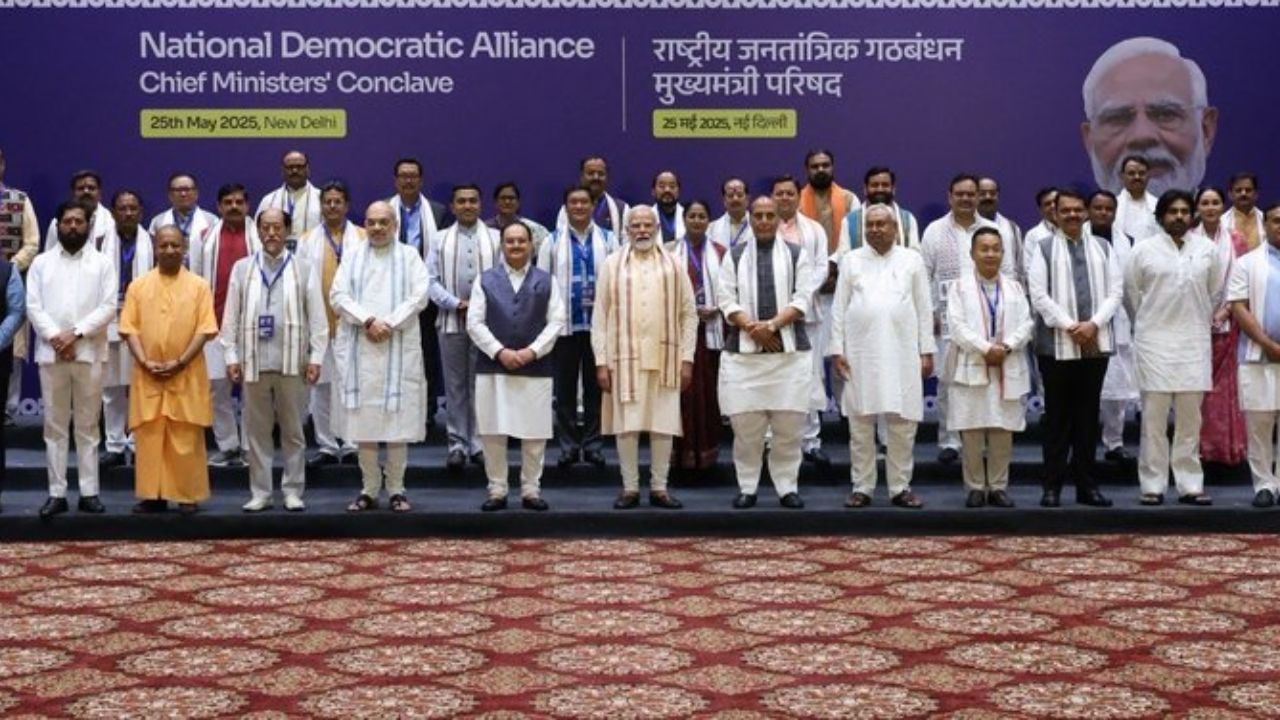‘BJP takes a page from Kejriwal’s playbook in Delhi’s battle of freebies’, ‘Tejashwi’s promotion expected to impact Bihar elections’
As the February 5 Delhi Assembly elections approach, the competition among the major political parties has intensified, with all three key contenders—the ruling Aam Aadmi Party (AAP), the main opposition Bharatiya Janata Party (BJP), and
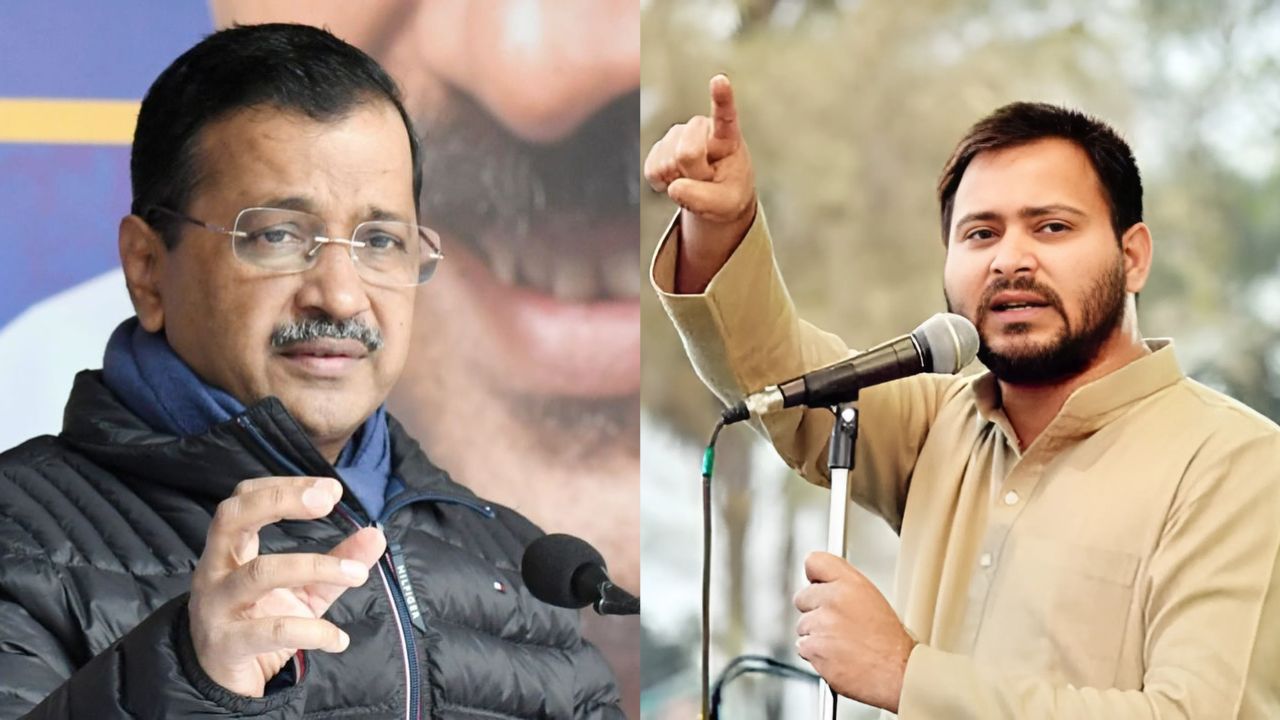
As the February 5 Delhi Assembly elections approach, the competition among the major political parties has intensified, with all three key contenders—the ruling Aam Aadmi Party (AAP), the main opposition Bharatiya Janata Party (BJP), and the Congress—announcing a wide array of schemes to capture the electorate’s attention. From cash incentives to free electricity, and subsidized LPG cylinders to free bus rides, the city is witnessing a flurry of promises. Urdu dailies have highlighted the growing debate around welfare policies versus populist freebies, especially amid rising unemployment and widening economic disparities.
QAUMI TANZEEM
In its January 18 editorial, the Patna-based Qaumi Tanzeem reflects on the escalating battle of promises between AAP, BJP, and Congress. It notes that even the BJP, which had previously criticized its rivals for promoting a “Verdi” (freebie) culture, is now actively participating in this contest. The Congress, for its part, has committed to 300 units of free electricity, subsidized LPG cylinders at Rs 500, and a free ration kit each month, as part of its “price rise relief scheme.” In addition, the Congress has promised a monthly allowance of Rs 2,500 for women, similar to AAP’s Rs 2,100 and BJP’s Rs 2,500.
The editorial mentions that Congress has accused the AAP government of corruption, claiming that while Prime Minister Narendra Modi and Delhi Chief Minister Arvind Kejriwal have both made grand promises, the actual development of Delhi occurred under Sheila Dikshit’s leadership. The Congress further criticizes both the BJP and AAP for undermining Dikshit’s legacy and for the pollution issues plaguing the capital.
Regarding the BJP’s efforts, the daily points out that its welfare schemes closely resemble those introduced by AAP, which had once been ridiculed by both the BJP and Congress, particularly Kejriwal’s initiative to provide free electricity. The editorial concludes by stating that the upcoming election will revolve around fierce competition for welfare policies.
SIASAT
The Siasat, based in Hyderabad, sheds light on the political maneuvers of the Rashtriya Janata Dal (RJD) ahead of the 2025 Bihar Assembly elections. In its January 20 editorial, the paper covers RJD’s national executive decision to elevate Tejashwi Yadav to a position equal to his father and party leader, Lalu Prasad. The editorial outlines that despite RJD’s role in a coalition government led by JD(U)’s Nitish Kumar, it was Kumar who repeatedly shifted to the NDA fold.
Tejashwi had led the Mahagathbandhan’s campaign in the 2020 Bihar Assembly elections, where the coalition came close to defeating the NDA. The editorial notes that Tejashwi has since met Congress leader Rahul Gandhi, reinforcing the Mahagathbandhan’s alliance for the 2025 polls. It highlights that the RJD national executive has granted Tejashwi full decision-making powers, including the authority to change the party’s name and symbol and select candidates for the elections.
Although Tejashwi has had significant control over party affairs for some time, this formal move solidifies his leadership role, especially as the party gears up for the state elections. The editorial points out that Tejashwi is a young, energetic leader with considerable influence over Bihar’s youth and is adept at negotiating with allies. His elevation within the party signals a strong move as the RJD prepares for a competitive contest in 2025.
ROZNAMA RASHTRIYA SAHARA
In its January 16 editorial, Roznama Rashtriya Sahara discusses the war of words between Congress and BJP over comments made by RSS chief Mohan Bhagwat and Congress leader Rahul Gandhi’s criticism of the Sangh Parivar. Rahul Gandhi, during the inauguration of the Congress’s new headquarters in Delhi, accused the BJP and RSS of capturing all state institutions and undermining India’s unity. In response, BJP president J P Nadda charged Rahul with attempting to defame the country, linking him to anti-national forces.
The editorial notes that Rahul Gandhi specifically condemned Bhagwat’s statement on India’s “true independence,” which he claimed was marked by the consecration of the Ram Temple in Ayodhya. Rahul argued that such remarks insulted India’s freedom struggle, the country’s people, and the Constitution. The editorial suggests that Rahul’s critique is politically motivated, aiming to challenge the Modi government’s policies and the Sangh Parivar’s influence.
The editorial also remarks on Rahul’s linguistic aggression, suggesting that such rhetoric is not uncommon in politics, with even Prime Minister Modi using sharp language against political opponents. The questions Rahul raised concerning the government’s functioning and the challenges posed to the Constitution reflect the broader political climate in India.


